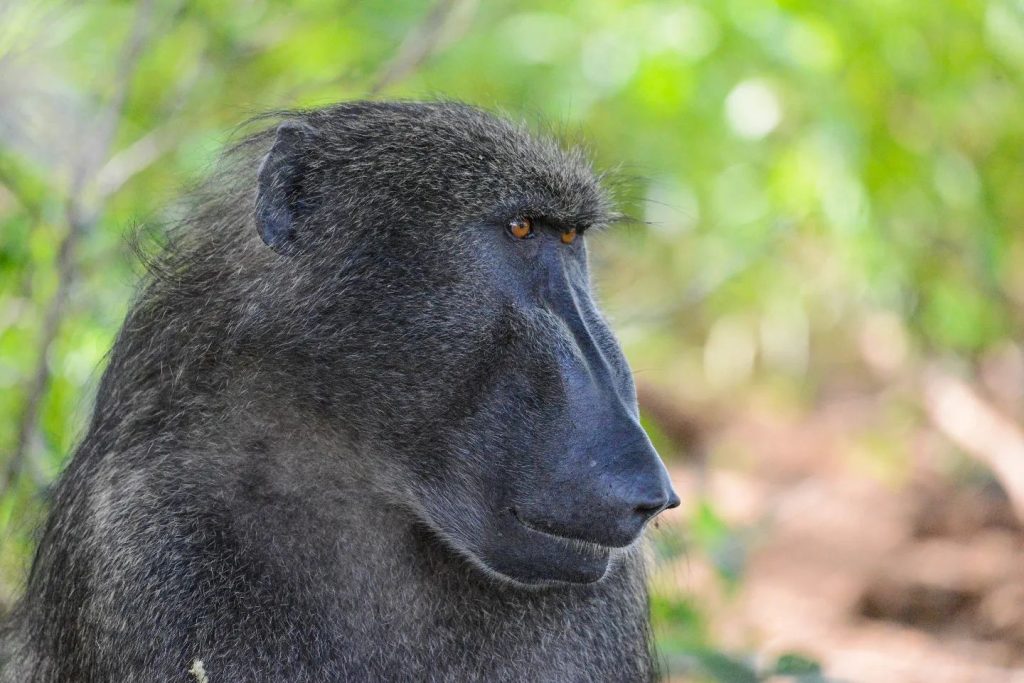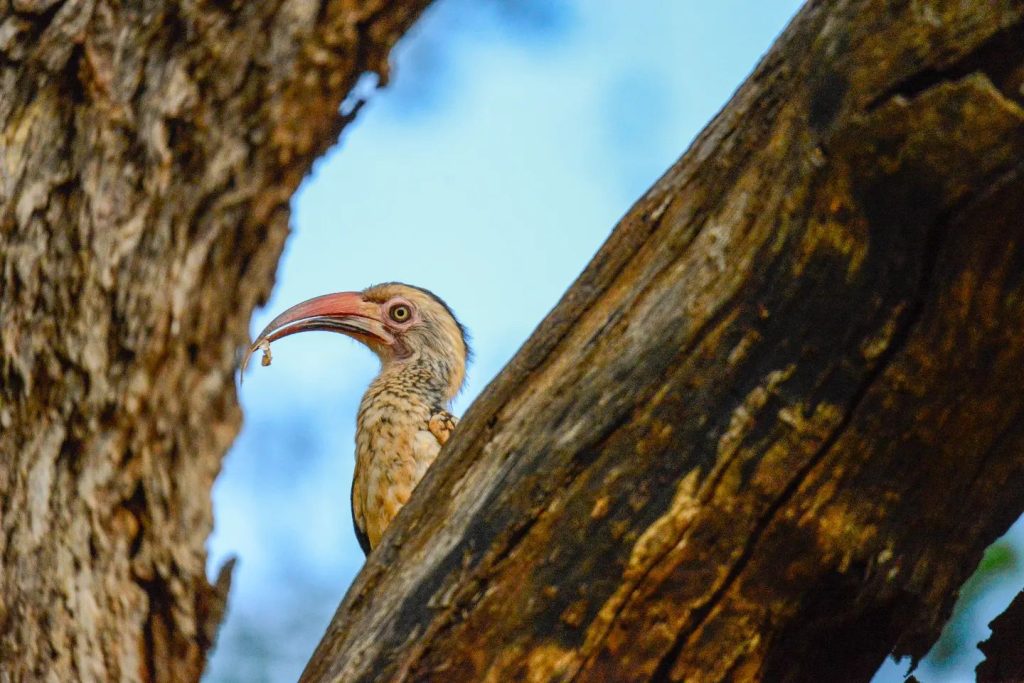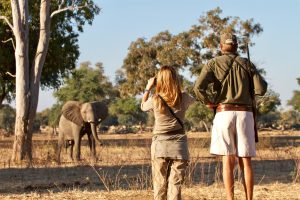A Guide to Safari Etiquette: Do’s and Don’ts in Southern Africa
Embarking on a safari adventure in Southern Africa promises a thrilling encounter with diverse wildlife and breathtaking landscapes. While the excitement of spotting majestic animals in their natural habitat is undeniable, safari-goers must adhere to a set of do’s and don’ts to ensure a safe, respectful, and memorable experience for everyone involved. This guide provides valuable insights into the etiquettes to observe while on safari in Southern Africa.
“In the heart of the untamed wilderness, where the golden sunsets paint the sky in hues of amber and the natural world speaks in the language of wind and leaves, the safari becomes a journey of awe, humility, and profound connection with the untamed spirit of the wild.”

Do’s:
- Respect Wildlife Distances:
Maintain a safe and respectful distance from wildlife. Never approach or attempt to touch the animals, as this can be dangerous and stressful for them. Use binoculars and camera lenses to get a closer look without intruding on their space. - Follow Your Guide’s Instructions:
Your safari guide is an experienced professional who understands the behaviour of animals and knows the terrain. Follow their instructions diligently to ensure your safety and the well-being of the wildlife. - Stay in the Vehicle:
Unless your guide explicitly allows it, always stay inside the Vehicle. Animals may perceive humans on foot as a threat, and unexpected encounters can lead to dangerous situations. - Be Silent and Patient:
Silence is golden on a safari. Keep noise levels to a minimum to avoid disturbing the animals. Patience is key when waiting for wildlife sightings, as sudden movements or loud noises can scare them away. - Pack Essentials:
Bring sunscreen, a hat, insect repellent, and a reusable water bottle. Staying hydrated and protected from the sun during extended game drives is crucial. - Respect the Environment:
Leave no trace. Do not litter, and dispose of waste properly. Respect the flora and fauna; do not damage plants or disturb the natural landscape. - Learn About Local Customs:
Familiarise yourself with the local customs and traditions of the area you are visiting. This includes respecting the local communities and their way of life.


Don’ts:
- Feed the Wildlife:
Never feed animals during a safari. Human food can harm wildlife, and feeding them alters their natural behaviour, making them dependent on humans for sustenance. - Use Flash Photography:
Avoid using flash photography, especially during night game drives. Flash can startle and stress animals, impacting their behaviour and potentially endangering wildlife and humans. - Overcrowd Viewing Spots:
Be mindful of other safari-goers and avoid overcrowded viewing spots. Give everyone a chance to enjoy the spectacle without feeling rushed. - Wander Off Alone:
Stay within designated areas and never wander off alone. The wilderness can be unpredictable, and it’s safer to explore with the guidance of experienced rangers. - Wear Bright Colors:
Animals can be sensitive to bright colours, associating them with danger. Wear neutral, earth-toned clothing to blend into the environment and reduce the likelihood of disturbing wildlife. - Disrupt Animal Behavior:
Avoid making loud noises, sudden movements, or attempting to attract an animal’s attention. Such disruptions can alter their natural behaviour and affect their interactions with the environment.
A safari in Southern Africa is a unique and awe-inspiring experience that demands a deep sense of responsibility and respect for the environment and its inhabitants. By following these do’s and don’ts, you contribute to wildlife conservation, support sustainable tourism, and ensure an unforgettable adventure for yourself and future safari enthusiasts.

